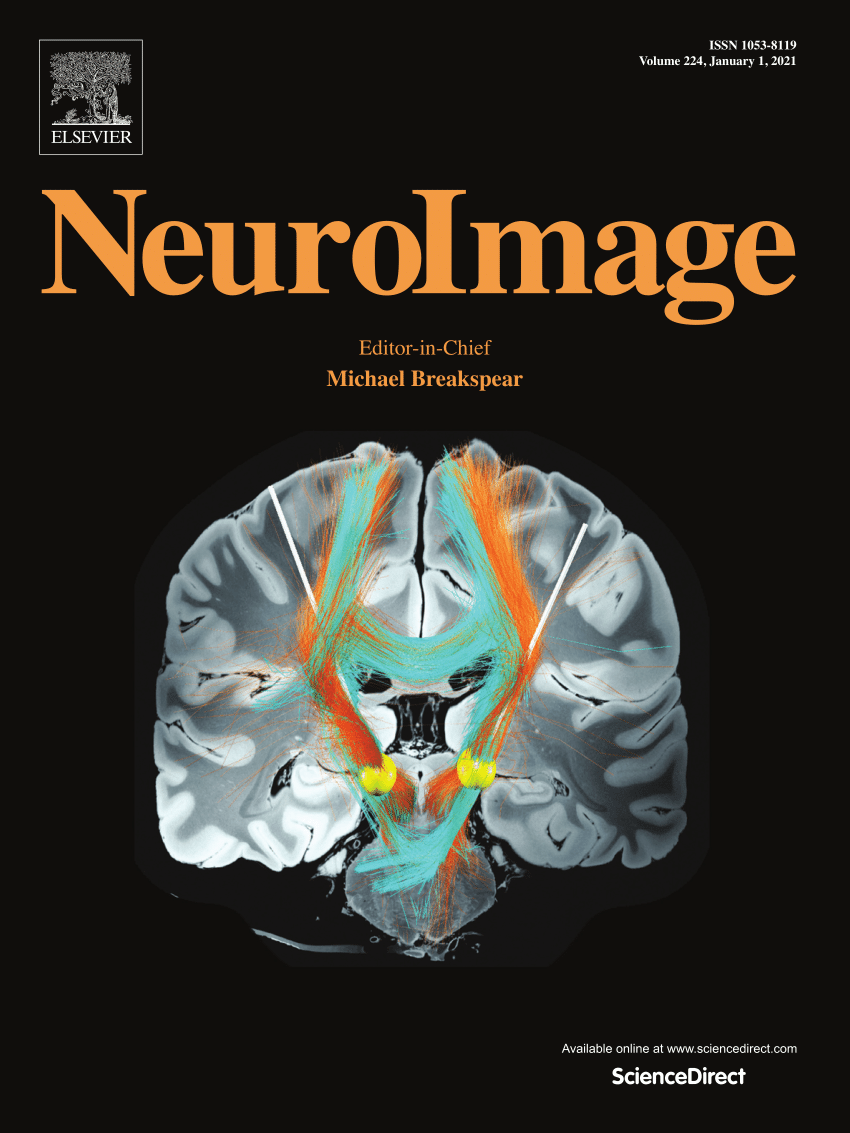Dissociable effects of perceived control on reward-related neural dynamics under risk and ambiguity
IF 4.7
2区 医学
Q1 NEUROIMAGING
引用次数: 0
Abstract
Perceived control plays a crucial role in risk-taking behavior, but its neural effect on reward dynamics in risky and ambiguous decision making remains unclear. Here, we addressed this issue by measuring participants’ (N = 40) EEG activity while they were performing a wheel-of-fortune task. Participants either made choices themselves (a high control condition) or followed the computer's choice (a low control condition) under risky or ambiguous decision contexts. Behavioral and rating data showed a stronger control effect in the risky compared to the ambiguous decision context. In parallel, we found an effect of perceived control on choice evaluation (indexed by the cue-P3) in the risky but not ambiguous context. However, the control effect was more pronounced during feedback anticipation (indexed by the stimulus-preceding negativity) and outcome appraisal (indexed by delta oscillation) in the ambiguous context compared to the risky context. Together, our findings suggest that experiencing control alters reward dynamics in uncertain decision making, with dissociable effects between risk and ambiguity.
求助全文
约1分钟内获得全文
求助全文
来源期刊

NeuroImage
医学-核医学
CiteScore
11.30
自引率
10.50%
发文量
809
审稿时长
63 days
期刊介绍:
NeuroImage, a Journal of Brain Function provides a vehicle for communicating important advances in acquiring, analyzing, and modelling neuroimaging data and in applying these techniques to the study of structure-function and brain-behavior relationships. Though the emphasis is on the macroscopic level of human brain organization, meso-and microscopic neuroimaging across all species will be considered if informative for understanding the aforementioned relationships.
 求助内容:
求助内容: 应助结果提醒方式:
应助结果提醒方式:


